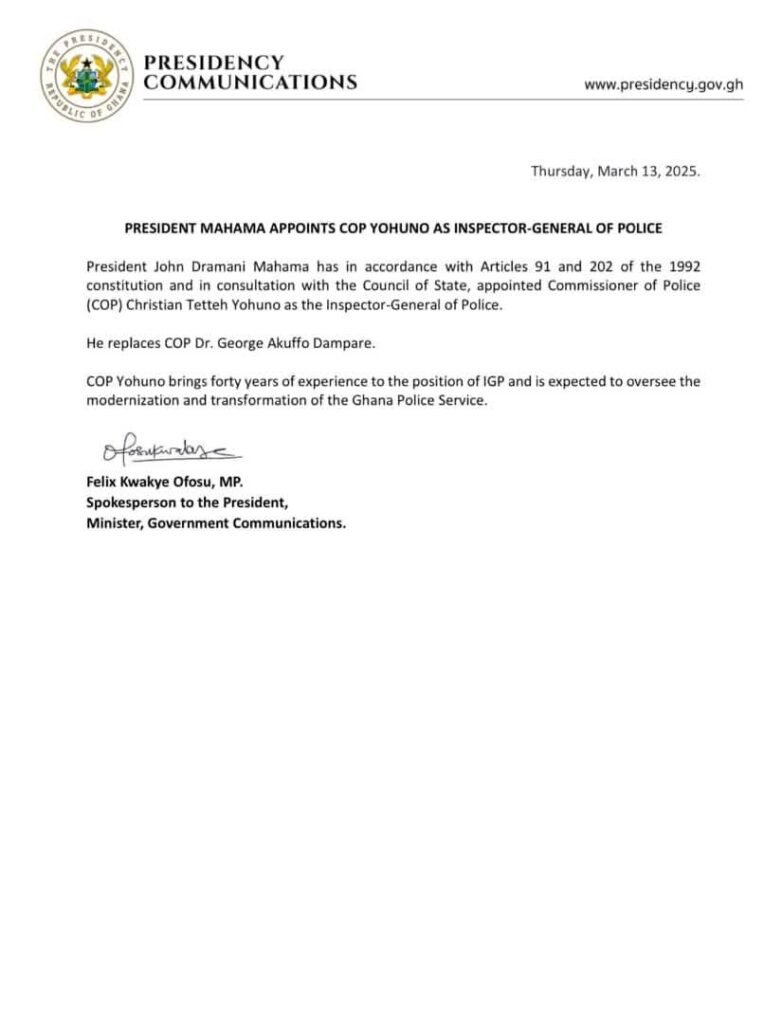News
Zhao Guoping: Origin tracing COVID-19 challenging task for scientists

As the COVID-19 pandemic continues to ravage the world, the puzzle of where the virus originated is attracting global attention from the science community.
To identify the origin of an unknown virus, scientists need to find out the pathogen that caused the disease and the animal carrier, that is, the natural host of the virus, according to Dr Zhao Guoping, an academician of the Chinese Academy of Sciences.
Since the outbreak of SARS, global scientists have been searching for its source. They identified SARS-CoV as the pathogen. But it was not until 2015, 13 years after the outbreak, that the natural host of SARS-CoV, Rhinolophus sinicus, was revealed.
Questions are still waiting to be answered including whether Rhinolophus sinicus is the only natural host of SARS-CoV and how the virus varied when it encountered its intermediate host, civet cats.
Tracing the origin of the virus pathogen requires scientific evidence, including the biological evidence provided by etiology, clinical medicine and epidemiology and the molecular biological evidence provided by genetic sequencing and antibody detection, according to Dr Zhao.
Scientists need to establish the connection between the two types of evidence, which is not easy, to confirm both findings before they can finally make the issue clear, he said.
The epidemiological investigation of the origin of an infectious disease usually starts from the contact history of the first infected patient, or “patient zero”, which is even more difficult to confirm.
It is challenging to trace COVID-19 patient zero as it involves a large volume of complicated data, and the early cases might include asymptomatic infections short of medical records, said Liu Peipei, an expert at the Chinese Center for Disease Control and Prevention.
Jin Qi, head of the Institute of Medical Biology at the Chinese Academy of Medical Sciences, said patient zero has not been confirmed for the 1918 influenza pandemic, AIDS or the H1N1 flu that broke out in 2009. Tracing patient zero is a multi-disciplinary problem that requires a great deal of work from the medical and scientific circles.
The novel coronavirus spread extensively around the world since late 2019 and the single “patient zeroes” is absent in most countries, the latest study by the University College London Genetics Institute has shown. -Xinhua
News
COP Yohuno takes over from Dr.Dampare as new IGP

President John Dramani Mahama has in accordance with Articles 91 and 202 of the 1992 constitution and in consultation with the Council of State, appointed Commissioner of Police (COP) Christian Tetteh Yohuno as the Inspector-General of Police.
He replaces COP Dr. George Akuffo Dampare.
COP Yohuno brings forty years of experience to the position of IGP and is expected to oversee the modernization and transformation of the Ghana Police Service.

News
Minister for the Interior Urges European Union to Improve on Collaboration and Support

The Minister for the Interior, Hon. Muntaka Mohammed-Mubarak, commended the European Union (EU) for its continuous support and initiatives in Ghana and urged the Union to enhance collaboration and support with the Ministry and its agencies.
Ghana takes security issues seriously and will do everything possible to protect the peace and maintain security in the country, the Minister assured.
Other areas of collaboration discussed during the meeting aimed to improve the Ghana Prisons Service, particularly decongestion and equipment improvement.
Hon. Muntaka made these remarks while receiving a delegation from the EU, led by its Ambassador to Ghana, H.E. Irchad Razaaly.
The delegation assessed the EU’s Defence and Security initiative in Ghana, as well as supporting the country’s security and defence capabilities.
The initiative is part of the EU’s integrated approach to tackling instability and insecurity challenges in the region.
The EU Security and Defence Initiative (EU SDI) in the Gulf of Guinea region is geared towards strengthening the security and defence capabilities of Ghana and effectively respond to security threats.







